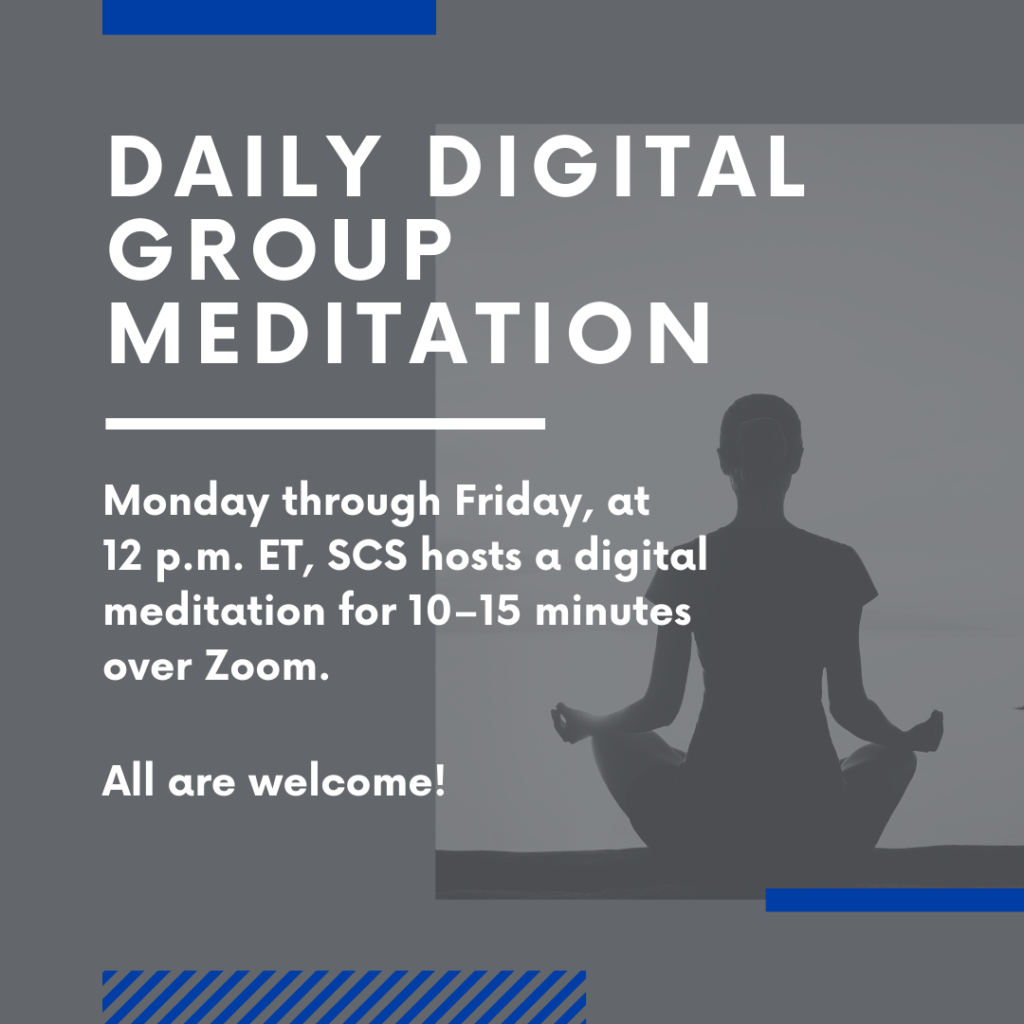Ahead of the event, “What’s Your Cannonball Story? Story-Telling in Georgetown’s Ignatian Year,” I want to consider the significance of the Ignatian “cannonball moment” as it relates both to the life of St. Ignatius and to our lives today. For some, relating this historical image to our contemporary human experience is a fitting way to enter more deeply into the principles and practices of the Ignatian Year. For others, the cannonball theme may feel distant, remote, or even dissonant with a desire for healthy spiritual development. In whatever way you relate to this image, I offer some insights that can hopefully help make this Ignatian story come more alive for you.
The cannonball was literal for Ignatius, but it does not have to be so for us. One of the potential stumbling blocks of relating this 500-year-old story to our present lives is its dramatic nature. Not all of us can relate to the monumental wounding of St. Ignatius in battle, a war-time injury that earned the respect of rival forces because of Ignatius’s bravery. Some of us have had similarly significant life experiences – especially for many at SCS connected to the military. But it might feel like an unachievable high bar to have a similar cannonball experience in order to enter into the personal reflection invited by this Ignatian Year. That is not the point of relating this story to our lives today.
The point is that we all have had some foundational event or experience that has caused us to question our existing beliefs or behaviors. This is especially the case in the context of the ongoing pandemic and how it has forced greater awareness of our feelings and the changes in our interior dispositions, attitudes, and beliefs as we have adjusted to unpredictable exterior conditions. The enduring meaning of the “cannonball moment” is that reflecting on our own examples can help set in motion a process of profound personal transformation. Here is an example of a relatable transformation offered by a prior student in the SCS “Jesuit Values in Professional Practice” course:
“During a difficult consolidation of an organization where I used to work that divided employees and company leadership, I decided to pause and think very carefully about whether I wanted to survive through political maneuvering or doing the right thing for the company and myself. I discerned that the right thing was to continue to perform, collaborate, share information, and support the needs of the business. I chose this path and the decision was a relief. Ultimately, this path led to me to consider a more honorable path forward in my career.”
For Ignatius, the cannonball was a singular event, but for us personal transformation can take a long time and we might not consciously realize that it is even happening. While the fact of the cannonball collision is a salient detail in the Ignatian story, what matters most is how Ignatius responded over time. The injuries he sustained led to a deep shift in perspective that was possible because he committed to regular habits of prayer and self-examination. Battlefield wounds facilitated this process of conversion and enabled Ignatius to take time to imagine a different future for himself more aligned with God’s calling.
For many, there is not a single moment that explains a deep change of heart that leads to reforming our habits, behaviors, and courses of action. Sometimes the interior transformation is a slow and patient process. It is only much later, with the help of dedicated reflection, that we understand what transformations actually occurred within us. One SCS alumna of the Jesuit Values course reflected on a slow change in her life in this way:
“After a disappointing experience as a college athlete, I had to give up the sport that I loved. I became angry, disappointed, confused, and doubtful as a result of that decision. It took a long time for me to accept what felt like I had lost the most important thing in my life. Through much reflection over time I eventually embraced the decision, but it took a lot of patience with myself and others. I also later converted my passion for athletics into other ways of using my gifts and I became a mentor and have found other ways of helping people.”
Over the course of the coming year, Mission in Motion will continue to bring to life the cannonball story by offering opportunities to make relevant connections to its enduring meaning. Please join us on October 28 as we mark Georgetown’s Ignatian Year by making some time and space to pause and reflect on your own cannonball journeys.


